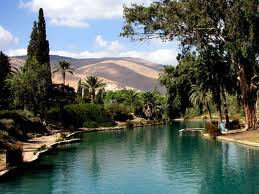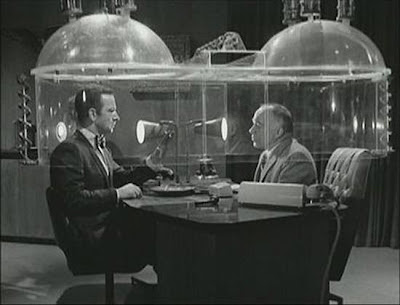Y Gen and Strike Two! You’re out of the Promised Land

What is Generation Y anyways? I mean, when I say it to myself, it comes out like this: ‘Generation why…?’ and that is a really good question too; don’t you think? To try and understand this, we may need to back up in the Latin alphabet a little. Generation X was the term that applied to the generation born between 1964 and 1981, right after the Baby-boom Generation (1946-1964). I was born at the very end of that generation, which is popularly attributed to post-WWII rampant baby making practices of the previous generation. My kids were born in Generation X, which is considered (according to a series of books that I ‘didn’t’ read by William Strauss and Neil Howe) the “Awakening” generation, a time when spiritual rebellion ensues. In this book series, the Baby Boom Generation (BB for short) is considered the “High Cycle” generation, in which a new order of human expansion is developed that replaces the older order. The BB Generation followed on the heels of the 2nd World War, which was c...



